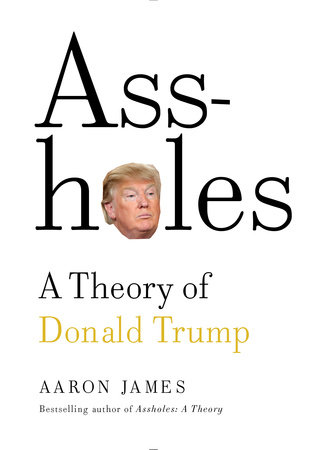Why Hobbes and Rousseau justify tax hikes: If assholes are motivated largely by status comparisons, you can raise their taxes without discouraging work or investment. (You can be richer than your neighbor on the new, lower playing field.) But the point may hold for (most) everyone: if people are generally motivated by “vaine glory” (Hobbes) or by “amour propre” (Rousseau), then tax increases will reduce deficits without hurting overall productivity.
Has economic theory ever provided a shred of evidence (i.e., a study, not just a high-theory conjecture, based on questionable views about rationality) that status preferences are unreliable motivators, or less effective than preferences for absolute magnitudes? Nope. And there’s lots of social science to the contrary.
It is often argued that status competition will drive growth even among rich people who have ever-less to gain from working more (for the rich, as one elite put it, “money is just a way of keeping score”). The neglected point is that this also holds in reverse: status competition for relative rewards can equally drive growth when absolute rewards are reduced. Which may explain why the past three US tax hikes coincided with an increase in growth.
By the way, if you go with Hobbes’s dark view that people have a natural and insatiable desire for domination, then tax hikes can be very steep without curbing effort. Perhaps we can’t hike taxes quite as steeply if you go with Rousseau’s view that concerns for relative standing can be substantially assuaged when people are publicly recognized as equals. But the hikes can still be pretty steep, since we surely lack the necessary ethos of equality.
Read More

